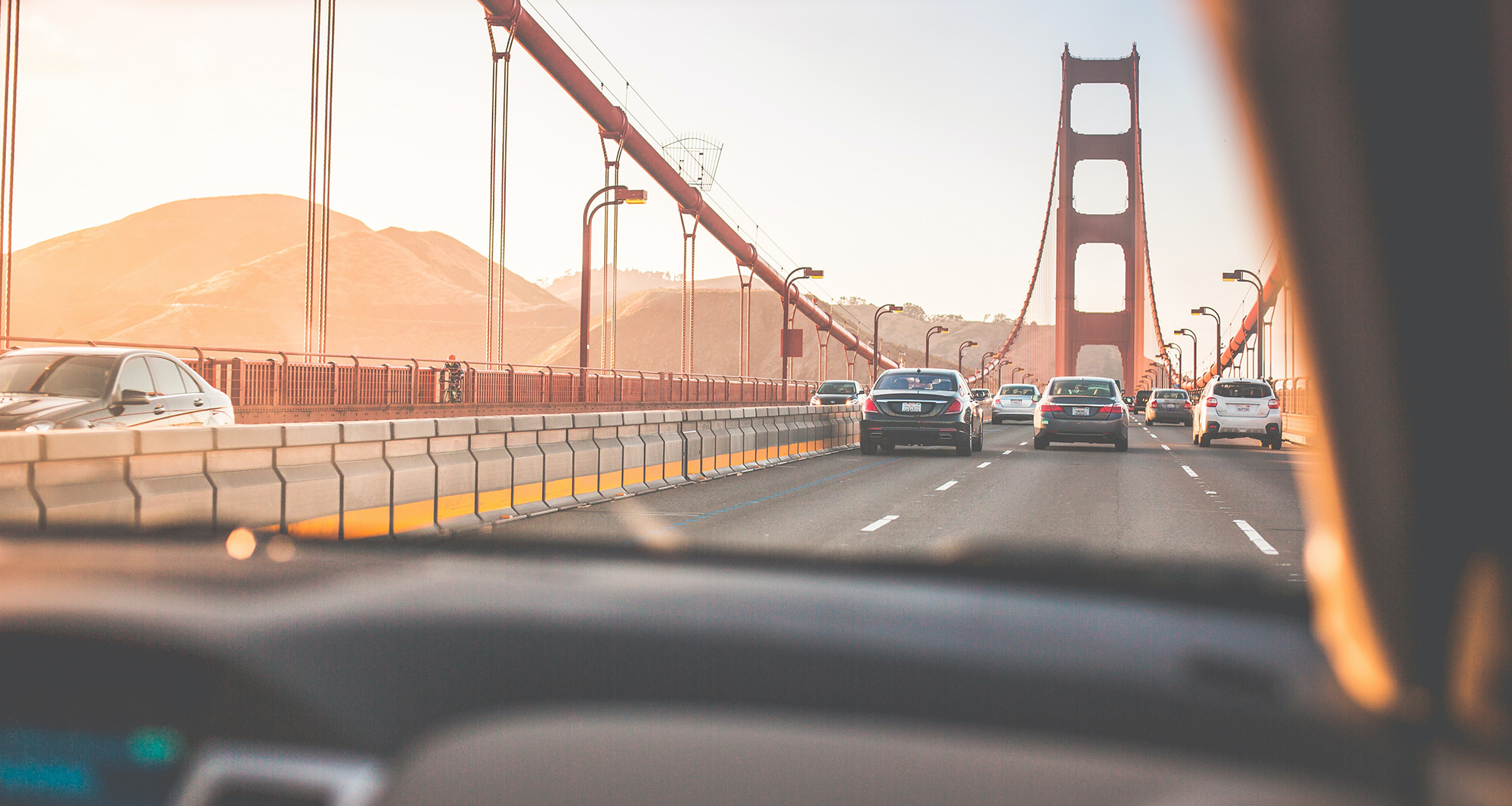“Budget shortfalls pose an existential threat” to the “long-term viability” of transit services across the state. “Bay Area operators,” says a group of six state senators and seven assembly members, “face significant annual shortfalls,” leaving agencies such as BART no choice but “to cut multiple lines of service as early as 2025.”
And with the city losing residents, as well as slogging its way through the weakest post-pandemic downtown recovery in North America, just who do they think will be riding public transit in San Francisco in two years?
Of course San Francisco will not empty out (although it’s reasonable to wonder if it’s the next Detroit, having lost 6.3 percent of its population between 2019 and 2021, “a rate of decline larger than any two year-period in Detroit’s history and unprecedented among any major U.S. city,” says UCLA economics professor and Hoover Institution fellow Lee Ohanian,). But fewer people means fewer riders. At that same time, more crime also means fewer riders, and crime has been on the rise across public transit systems. The most recent BART data show that every crime, from homicide to arson, increased in 2022 over 2021. Rape is up 40%, robbery 57%, and aggravated assault 54%.
Overall incidents are still below pre-pandemic levels, but there are two points here worth noting: One, it should be expected that overall incidents are down since fewer people have been riding. Two, violent crime increased every year in the four years that immediately preceded the pandemic.
Maybe the public transit zealots need to think about making transit travel safer – and cleaner – with the resources they have before demanding more money be poured into the systems.
But then pouring dollars into leftist causes and preoccupations has become a San Francisco habit, the most recent example a proposal for handing $5 million to each of the city’s 45,000 black residents just because of the color of their skin. The total bill would reach $223 billion.
“Reparations,” they call it, though it’s nothing of the sort. The one-time payout, which also includes “total debt forgiveness, exemptions from business taxes, refinanced mortgages, subsidized housing and a long array of new government programs targeted to blacks only,” says PRI Senior Fellow Steven Hayward.
Humorist Will Rogers said San Francisco, along with San Antonio, New Orleans and Boston, was one of America’s most unique cities. It has long been thought of as one of the country’s, if not the world’s, greatest cities.
But it has problems, deep ones that have made it unlivable for many, and dropping more money into public transit and paying “reparations” will solve none of them.
Kerry Jackson is a fellow with the Center for California Reform at the Pacific Research Institute.

